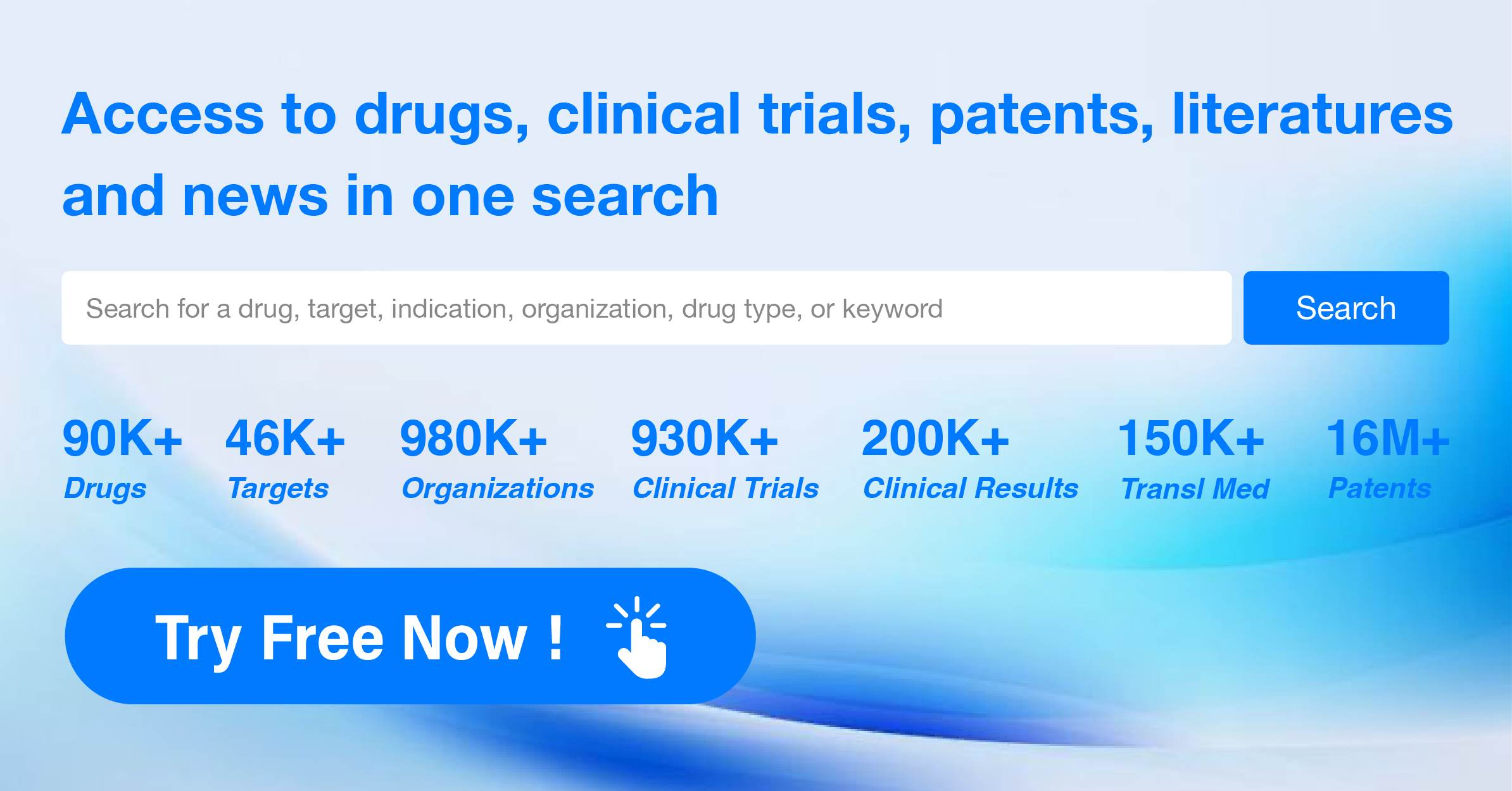What is dose expansion and why is a dose expansion trial performed?
Dose expansion trials are clinical trials that evaluate the safety, pharmacokinetics, pharmacodynamics, and clinical activity of a new drug or treatment in a larger group of patients than in the initial dose escalation trial, particularly in oncology studies, where the aim is to further evaluate the safety, efficacy, and optimal dosage of a drug after the initial dose-escalation phase.
In the initial dose-escalation phase (often part of Phase 1 trials), researchers determine the maximum tolerated dose (MTD) or the recommended phase 2 dose (RP2D) by gradually increasing the dose of the drug in small groups of patients. Once the MTD or RP2D is identified, the dose expansion phase begins.
Purpose of Dose Expansion Trials:
Confirm Safety and Tolerability: Even after determining the MTD or RP2D, it's crucial to confirm that this dose is safe and well-tolerated in a larger, more diverse patient population. This helps identify any less common adverse effects that might not have been apparent in the smaller dose-escalation cohorts.
Preliminary Efficacy: Dose expansion allows researchers to gather more data on the drug's efficacy. By treating more patients at the recommended dose, researchers can better understand the drug's therapeutic potential and its effectiveness against the disease.
Biomarker Evaluation: Dose expansion phases often include an assessment of biomarkers that can predict response to treatment. This helps in understanding which subgroups of patients are most likely to benefit from the drug.
Refine Dosing Regimen: The larger sample size and extended observation period in dose expansion can provide insights into optimizing the dosing schedule and regimen for future phases of clinical trials.
Patient Selection: Dose expansion can help refine the criteria for selecting patients for subsequent phases of clinical trials, ensuring that the right patient population is targeted.
Data Collection for Regulatory Submissions: The additional safety and efficacy data collected during dose expansion are crucial for regulatory submissions and for designing Phase 2 and Phase 3 trials.
Why Dose Expansion Trials Are Performed:
Enhanced Understanding: They provide a deeper understanding of the drug's profile in terms of safety, efficacy, and pharmacodynamics/pharmacokinetics.
Regulatory Requirements: Regulatory agencies often require more extensive data on safety and efficacy before approving a drug for broader use. Dose expansion trials contribute significantly to this data.
Improved Trial Design: The information gathered from dose expansion can improve the design of subsequent clinical trial phases, potentially leading to more successful outcomes.
In summary, dose expansion trials are a critical component of the clinical development process, bridging the gap between initial dose-finding studies and larger, more definitive trials. They ensure that the recommended dose is both safe and effective, paving the way for more comprehensive studies and eventual regulatory approval.




